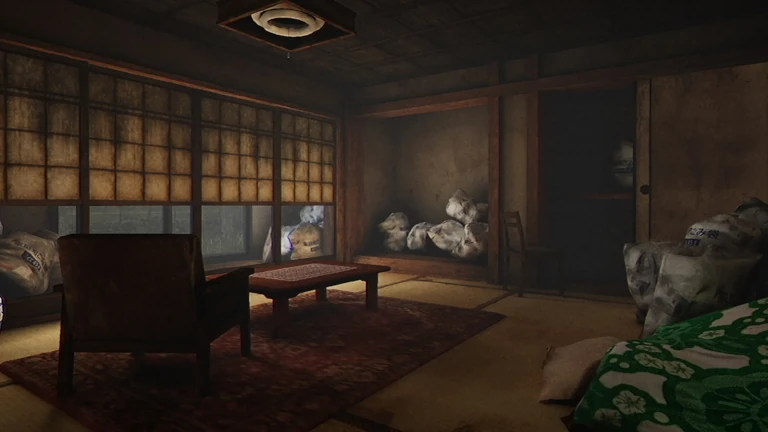

Storyteller
Storyteller is a puzzle game that turns you into the architect of short, surprising narratives. Instead of controlling characters directly or solving traditional logic challenges, your task is to arrange comic-style panels in a way that tells a complete story. Each puzzle gives you a title—such as “A Betrayal Is Revealed” or “True Love Prevails”—and a limited set of scenes, characters, and settings to make it happen. It’s less about trial and error and more about understanding how people, emotions, and events connect.
Similiar games
Storyteller is a puzzle game that turns you into the architect of short, surprising narratives. Instead of controlling characters directly or solving traditional logic challenges, your task is to arrange comic-style panels in a way that tells a complete story. Each puzzle gives you a title—such as “A Betrayal Is Revealed” or “True Love Prevails”—and a limited set of scenes, characters, and settings to make it happen. It’s less about trial and error and more about understanding how people, emotions, and events connect.
Creating Stories Through Interaction
Every puzzle starts with a blank comic strip and a collection of narrative tools. You drag and drop characters like kings, villains, or lovers into different backgrounds—castles, forests, graveyards—and watch how their roles shift depending on context. A lonely queen might marry the first person she meets, or a vengeful ghost might appear if someone dies in an earlier panel. These reactions are not random; the system is built to respond logically to player choices, giving consistent feedback that helps you learn the game’s language.
What Makes Storyteller Unique
The appeal of Storyteller lies in its simplicity and creative logic. You’re not aiming for high scores or racing against a clock—you’re experimenting with how stories unfold. The game encourages replay and discovery by rewarding alternative solutions and hidden outcomes.
Key elements include:
- Flexible panels that adapt to changing characters or outcomes
- A library of recurring figures with distinct personalities
- Settings that influence behavior and relationships
- Puzzles grouped by themes like romance, revenge, and irony
- Hints through visual clues like hearts, skulls, or shock reactions
These tools help guide you without forcing a single solution, making the process feel both playful and smart.
Tone, Style, and Design
Visually, the game looks like a living picture book. Characters have expressive animations, and even small gestures—like a shocked glance or joyful embrace—convey what words might otherwise explain. The music is soft and looping, allowing you to focus while thinking through each scenario. The pacing is calm, encouraging you to tinker and reflect rather than rush. As you progress, the puzzles grow more layered, requiring deeper understanding of the cause-and-effect relationships between each element.
A Puzzle Game About Emotion
Storyteller is not just about solving; it’s about understanding people. Who falls in love? Who seeks revenge? What happens when you bring someone back from the dead? These aren’t just story beats—they’re tools you control. The more you experiment, the more you realize the game is as much about empathy and timing as logic. Every completed strip feels like a punchline or a tiny fable, and no two players will build them the same way.
Discuss Storyteller



















